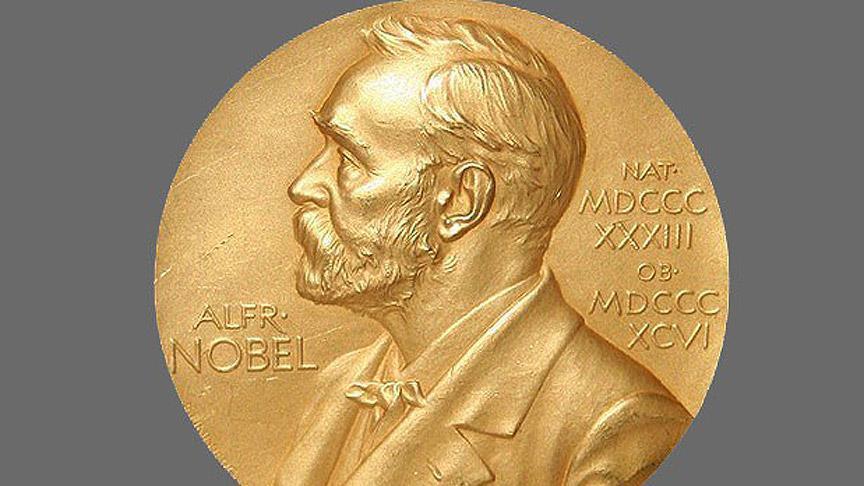Tunisian Dialogue Quartet wins Nobel Peace Prize
Labor unions, lawyers and human rights activists claim award for 'decisive contribution' to building Tunisian democracy

ISTANBUL
A group of Tunisian trade unions, lawyers and human rights activists have won the 2015 Nobel Peace Prize.
A collection of civil-society groups dubbed the Tunisian National Dialogue Quartet won the accolade on Friday for what organizers described as “its decisive contribution to the building of a pluralistic democracy in the wake of the Jasmine Revolution of 2011”.
The Norwegian Nobel Committee said that the quartet was instrumental in enabling Tunisia “to establish a constitutional system of government guaranteeing fundamental rights for the entire population, irrespective of gender, political conviction or religious belief”.
Four key bodies in Tunisian civil society make up the quartet: the Tunisian General Labour Union; the Tunisian Confederation of Industry, Trade and Handicrafts; the Tunisian Human Rights League; and the Tunisian Order of Lawyers.
The Nobel committee said the quartet had supported the work of the country’s constituent assembly in drafting a post-revolution constitution.
Meanwhile, a written statement from the Tunisian government dedicated the award to the “revolution martyrs” who lost their lives during the 2011 Arab Spring events that led former president of Tunisia, Zine El Abidine Ben Ali to flee following a series of mass protests.
President of Tunisia Beji Caid Essebsi said the award went to Tunisia because it had chosen the path of dialogue, while Prime Minister Habib Essid described the achievement as an opportunity to work harder.
Tunisia was the birthplace of the Arab Spring revolutions that swept the Middle East and North Africa in 2011.
However, a great hope for democratic transition in North Africa and the Middle East was dashed in countries like Libya, Syria and Yemen; all three have faced civil strife and chaos instead of peaceful change.
In Egypt, the Arab Spring paved the way for the fall of Hosni Mubarak, ex-president of the country who had ruled for 30 years, ushering in the first democratic election in the nation’s history.
That civilian government came to an end when a military coup overthrew democratically elected president, Mohamed Morsi, in July 2013.
The Nobel committee said the prize would be “an inspiration to all those who seek to promote peace and democracy in the Middle East, North Africa and the rest of the world”.
Anadolu Agency website contains only a portion of the news stories offered to subscribers in the AA News Broadcasting System (HAS), and in summarized form. Please contact us for subscription options.


